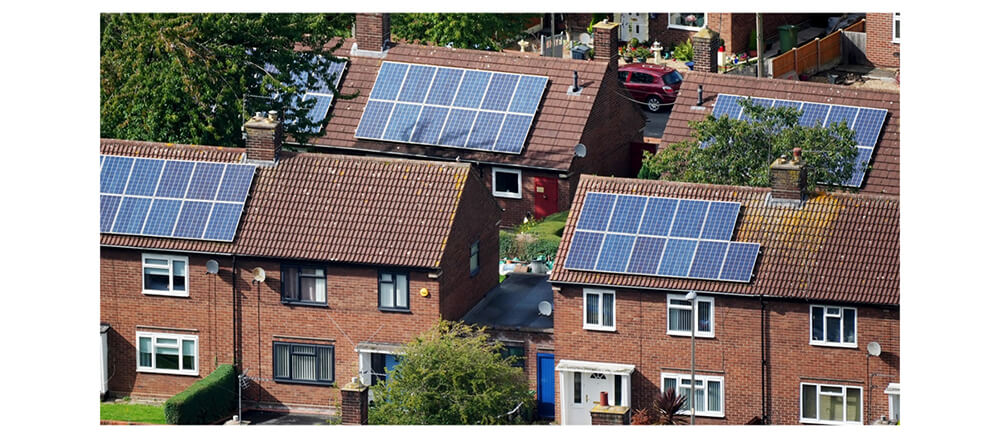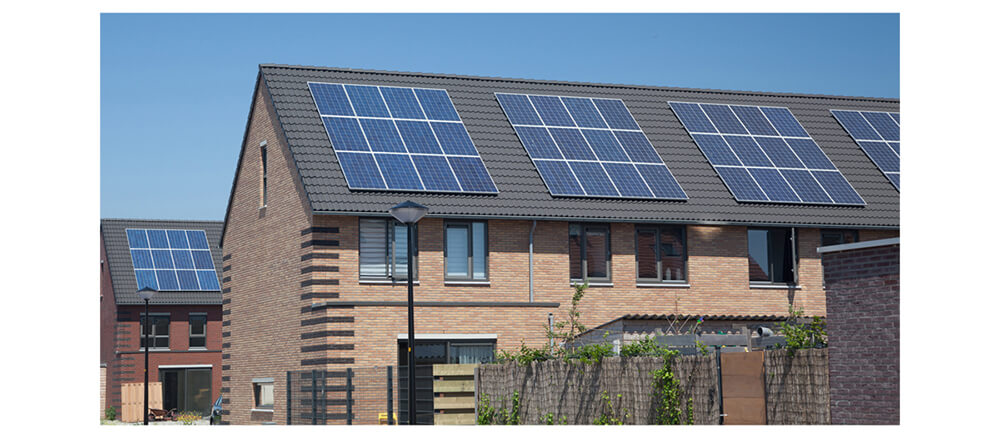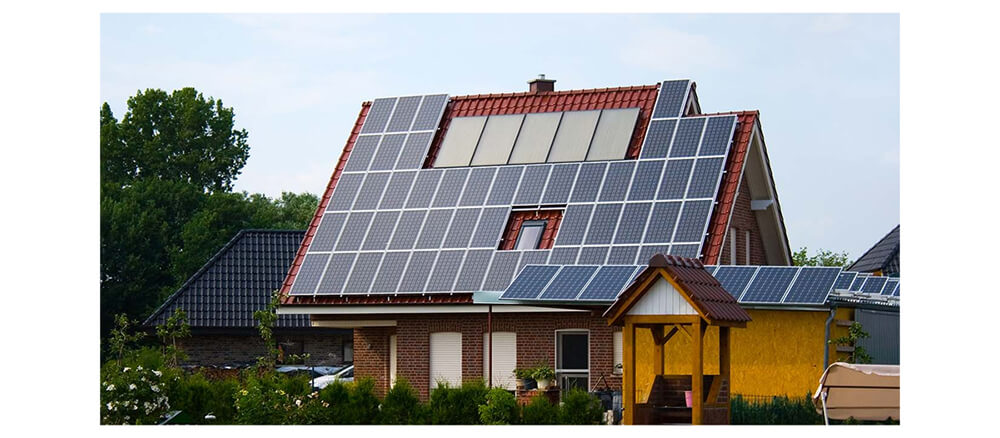Contents:
As the UK continues its push towards renewable energy, many homeowners and businesses are installing solar panels to generate electricity. One of the key incentives for investing in solar power is the ability to sell excess energy back to the grid. This not only helps offset the cost of the installation but also provides a financial return on the investment over time. However, the rules and processes surrounding selling excess solar energy can be somewhat complex. This article aims to provide a detailed guide to understanding how you can sell excess solar energy in the UK.

Solar panels convert sunlight into electricity through photovoltaic (PV) cells. The electricity generated by these cells is either used to power your home or business, or it can be stored in batteries for later use. If the system generates more electricity than you consume, the surplus can be exported to the national grid.
In the UK, the government introduced the Smart Export Guarantee (SEG) in January 2020, which replaced the former Feed-in Tariff (FIT) scheme. Under the SEG, energy suppliers are required to pay homeowners and businesses for any surplus electricity they export to the grid.
How Does the SEG Work?
To qualify for the SEG, you need to have a solar PV system installed with a capacity of up to 5MW, which is sufficient for most residential and small commercial installations. You also need to have an export meter or smart meter to measure the amount of electricity you send back to the grid. Once you meet these criteria, you can sign up for an SEG tariff with a participating energy supplier.
Different suppliers offer varying rates for the electricity they buy from you, so it’s essential to shop around for the best deal. The SEG payments are made based on the amount of electricity you export, and these payments are typically done quarterly or annually, depending on the supplier.
If you’re interested in selling excess solar energy back to the grid, here are the steps you need to follow:
- Install Solar Panels: The first step is to have solar panels installed by a certified installer. The installation must meet specific industry standards, and your installer will provide you with a Microgeneration Certification Scheme (MCS) certificate, which is required to participate in the SEG.
- Install a Smart Meter: To measure how much electricity you are exporting, you will need a smart meter or an export meter. This allows your energy supplier to track the surplus energy that is being sent back to the grid.
- Find a SEG Provider: Not all energy suppliers offer SEG tariffs, so you need to shop around for a supplier that does. Some suppliers offer better rates than others, and the terms and conditions can vary. Be sure to read the fine print and choose a tariff that best suits your needs.
- Register for SEG Payments: Once you’ve chosen a supplier, you can register for the SEG scheme. You’ll need to provide your MCS certificate and details of your smart meter. After registration, your supplier will start measuring your exported energy and pay you according to their tariff.

The earnings from selling excess solar energy depend on several factors:
- The size of your solar system: A larger system will produce more electricity, and therefore, you will have more surplus energy to sell.
- Your energy consumption: The less energy you use, the more you’ll have left to sell.
- The export rate: The rate offered by energy suppliers for SEG can range from 1p to 15p per kWh. It’s crucial to compare rates before signing up.
It’s worth noting that the SEG does not guarantee high returns, as the rates are generally lower than what you would pay for electricity from the grid. However, it still provides a way to make your solar investment more profitable.
In the UK, the income you earn from the Smart Export Guarantee is generally tax-free for homeowners. This is because the SEG is considered a return on an investment in a renewable energy system rather than taxable income. However, if you are generating electricity on a commercial scale or for business use, you may need to declare the income to HMRC and pay tax accordingly.
While selling excess energy to the grid can provide financial returns, it’s also worth considering the benefits of storing that energy for later use. Battery storage systems allow you to store surplus energy generated during the day and use it when your panels aren’t producing electricity, such as at night or on cloudy days.
With a battery system, you can reduce your reliance on the grid, lower your energy bills even further, and potentially have less surplus energy to sell. In the future, as energy prices rise, having your own stored energy might be more beneficial than selling it back to the grid.

There are several benefits to selling your excess solar energy:
- Financial Return: Selling unused energy back to the grid helps offset the initial cost of your solar panel installation.
- Environmental Impact: By exporting green energy to the grid, you’re helping reduce the UK’s reliance on fossil fuels, contributing to a cleaner, more sustainable future.
- Energy Independence: Although you may still rely on the grid at times, selling your energy gives you more control over your energy use and expenses.
While selling excess energy can be advantageous, there are a few challenges to consider:
- Low SEG Rates: The rates offered under the SEG are often low, which means the income generated might not significantly contribute to your overall savings.
- Upfront Costs: Installing solar panels and the necessary smart meter equipment can be expensive, although many government incentives and subsidies can help reduce these costs.
- Changing Tariffs: Energy suppliers may alter their rates over time, so it’s important to keep track of your agreement and switch suppliers if necessary.
Selling excess energy from solar panels in the UK is a viable way to make your solar installation more profitable. Thanks to the Smart Export Guarantee, homeowners and small businesses can earn money for the surplus electricity they generate. However, it’s essential to carefully consider the rates offered by different suppliers, as well as the overall benefits and challenges of participating in the scheme.
With the right setup and planning, selling excess solar energy can contribute to a more sustainable energy future while offering financial benefits for individuals and businesses alike.
FAQ
Do I get money back for excess solar energy?
Yes, if your solar panels produce more electricity than you use, you can get money back for the excess energy by selling it to the grid. This process depends on the country and energy provider, often through programs like net metering or feed-in tariffs.
How much do I get for selling electricity back to the grid UK?
In the UK, you can earn money through the Smart Export Guarantee (SEG). The rates vary by energy supplier but typically range between 3 to 15 pence per kilowatt-hour (kWh) of excess energy exported to the grid.
What happens if my solar panels produce more electricity than I use?
When your solar panels generate more electricity than you need, the excess energy is sent back to the grid. You may be compensated for this energy depending on local policies and your energy contract.
What happens to unused electricity from solar panels?
Unused electricity from solar panels can either be stored in a battery system for later use or sent to the grid. If you don't have a battery, the electricity is automatically fed into the grid.
What is it called when you sell energy back to the grid?
This process is known as exporting energy or more specifically, the Smart Export Guarantee (SEG) in the UK. In other regions, it may be called net metering or a feed-in tariff.








